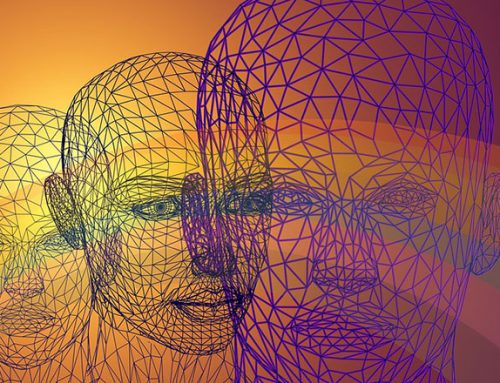If I forgive their wrongdoing… Am I justifying them? Am I condoning what they’ve done? Am I sacrificing my moral values? Does forgiveness mean “giving up”?
Have you encountered this dilemma before?
Perhaps from a friend, a fictional character or even yourself, “forgiveness” can be a word of uncertain meaning.
What does forgiveness mean, and why is it important?
Here’s what we’ve discussed in previous articles
Beliefs – formed throughout our lives – characterise our worlds and express themselves in behaviours.
Our relationship to the past – influenced through our beliefs – impacts ourselves in the present.
By holding a grudge, we perpetuate negative emotions that burden us rather than the begrudged.
Here’s what we can gather.
Letting go of grudges is a self-healing process that renews how you evaluate yourself, others and the world around you.
What is forgiveness?
For many, the hardest thing to do is to forgive those who did us wrong.
If somebody hurts us, it can feel wrong or self-denying to even consider giving our wrong-doers the right to be “let off the hook”.
From this perspective, it’s irresponsible, isn’t it?
Forgiving feels like justifying or condoning their wrong doing.
However,
The true objective of forgiveness is acceptance – not justification.
It’s about letting go and moving on; freeing ourselves from a heavy burden that is slowing us down – or, in some extreme cases, is paralysing us.
Seeking forgiveness is about creating a different relationship with the memory inside of us so that it can no longer negatively affects us.
Often, it’s often about letting go of a story we feel entitled to tell – a story we have been telling for so long that we completely believe in it to the point where grudges have become pivotal aspects of being that define who we are.
The deepest grudges are life-defining – but they don’t have to be.
Greater Than Grudges
Let’s consider Nelson Mandela: a man who not only became President of South Africa, but an anti-apartheid revolutionary who spent 27 years serving a life sentence in prison.
How would you feel in his position?
Angry? Hateful? Vengeful?
As a young revolutionary, this was how Mandela felt for many years.
Cut to shortly after his release.
Nelson Mandela receives a congratulatory call from US President Bill Clinton.
They speak, sharing thoughts, ideas and views.
In the course of the conversation, Clinton asks, “Surely, after such an experience of incarceration you must still feel some anger towards those who kept you in captivity?”
“No,” Mandela replies, “I realised if I didn’t let go of my anger then those who imprisoned me would still be in control of a part of my life.”
Mandela refused to spend the rest of his life telling a scornful story of wrongful imprisonment that robbed him of almost three decades of his life.
By accepting and forgiving the captors and oppressors of his past, he moved on to become the symbol of hope and rebirth of a post-apartheid South Africa.
Forgiveness in Faith
How did Mandela do it? How did Mandela forgive?
Mandela was described as having a strong religious faith set in Christianity and Ubuntu – a humanist African philosophy meaning “human kindness”.
Our religious beliefs colour our lenses just like any other, and this can profoundly impact what we think when we hear about forgiveness.
To many of my Christian friends, forgiveness is equal to condoning and justifying.
To many of my friends who take Ubuntu to heart, forgiveness is the willingness to open our hearts and give as before we were heart.
To the Ancient Hawai’ians, forgiveness is regaining the ability to see the subject of a grudge as a whole and likeable person rather than antagonistic and maligned.
The key to forgiveness in all of these philosophies is acceptance and the will to move on.
How has your faith – or lack thereof – influenced your relationship with letting go?
What weight are you carrying with you? What would happen if you were to let it go?
Next article, we’re going to explore how you can put these understandings and philosophies into action.







Leave A Comment
You must be logged in to post a comment.